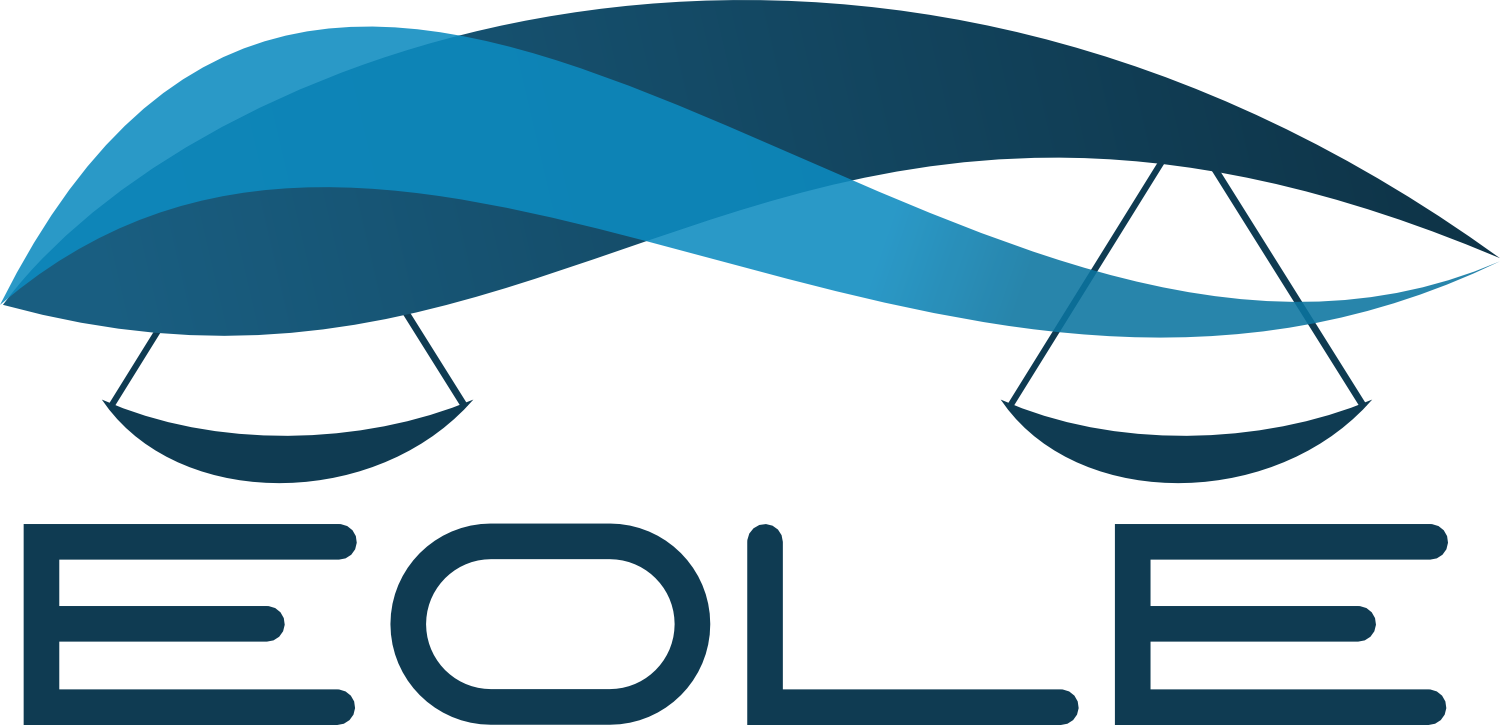Monday, November 29, 2010 – 08:00 to Tuesday, November 30, 2010 – 19:00
Background
EOLE is organized by a group of European Lawyers from the various Member States and sectors. This group is non-profit, non-commercial and its motivation is of scientific and/or academic nature. While members may have their own business or positions, and even though the event may have sponsors, the EOLE group and the subject matter of the conference are totally independent from any business, enterprise, service or philosophical organisation. The objectives of the group are the dissemination of reliable legal information, the constitution of an open network of FLOSS experts and the organisation of a yearly event. EOLE started from the observation that, despite the importance of the Free/Libre/Open Source Software (FLOSS) development, and in spite of the fact that the whole movement relied on an outstanding and subversive use of copyright, information on the legal aspects of FLOSS licensing was lacking or imprecise, especially in Europe
EOLE was therefore created in order to foster the dissemination of legal and qualitative knowledge pertaining to FLOSS licensing, as well as to pool, share and promote, on a neutral and non-partisan basis, the development of good legal practices in the field.
The first EOLE conference took place in 2008 in Paris, during the “Paris, Capitale du Libre” event and offered a full day study of the then freshly released GPLv3, in which participated 19 speakers from 6 countries, 80 participants (a majority of which being in house counsels and lawyers), coming from different sectors (industry, governments, academic & floss communities).
A second edition, EOLE 2009, was hosted by the Greens at the European Parliament in Brussels, and focussed on FLOSS terminology and mutual software development. With around 120 inscriptions, a dozen of sponsors, and more than 20 contributors from all over Europe and the USA (speakers and/or scientific committee members), EOLE was again a success.
Theme of EOLE 2010
Just over a year ago, the Piedmont Regional Council passed a law providing that: “the Region, in the process of choosing computer programs to acquire, prefers free software and programs whose source code can be inspected by the licensee“. Whereas this choice was welcomed with enthusiasm by Free Software supporters and civil society, the Presidency of the Italian Council of Minister contested this law, by referring to the Constitutional Court in order to declare it unlawful. On 23 March 2010, the Court ruled that the preference for Free Software is legitimate and complies with the principle of freedom of competition. The Court clarified that “The concepts of Free Software and software whose code can be inspected do not refer to a particular technology, brand or product, but they rather express a legal feature“.
Recently, the EU Commissioner for Digital Agenda Neelie Kroes emphasized the importance of free software and the initiative of EU Commission in the field (link).
The use of FLOSS in public administration is an important topic, which is subject to political debates, but also raises legal questions. This year, the EOLE event will be dedicated to the study of these questions, and will revolve around the following topics:
- Passing laws in favor of FLOSS: how far is it possible and constitutional?
- FLOSS and public procurement regulations compliance.
- How should calls for tenders be drafted in order to not discriminate against FLOSS?
- FLOSS licensing and E-government.
- The use of FLOSS in public on-line services.
- Government licensing their own software: practical cases and specific questions.
- Public sector software distribution: is it fair competition with private sector?
- Combining FLOSS licensing policy and a restricted circle of quality providers, is it possible?
- The European Commission and Member states interoperability strategy (the role of FLOSS and open standards in public sector ICT).
- The ISA programme and the harmonization of FLOSS best practices in Europe.

